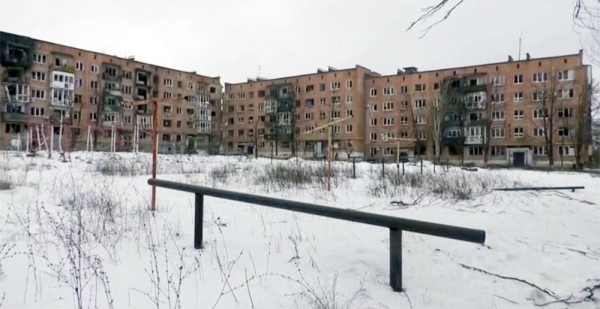
Seasonal workers in the UK on a post-Brexit pilot scheme to harvest fruit and vegetables were subjected to “unacceptable” welfare conditions, according to a government review.
Issues cited by workers included a lack of health and safety equipment, racism, and accommodation without any bathrooms, running water or kitchens.
The UK launched the seasonal workers pilot scheme in 2019 after concerns about a shortage of labour for harvesting jobs on farms on leaving the EU. Most of the 2,481 workers who came to the UK under the scheme were employed picking soft fruits, almost entirely on farms in England and Scotland.
A UK government survey of workers found that workers had not been given employment contracts in their native language; had not been provided health and safety equipment, as they had been promised and were legally required to do; and that they had been subjected to unfair treatment by farm managers, including racism, discrimination and mistreatment, allegedly on the grounds of workers’ nationality.
Recruitment presentations to potential applicants for the pilot scheme were sometimes found not to have accurately reflected the accommodation, which was mostly on the farms. In the survey, 15% of respondents said their accommodation was neither safe, comfortable, hygienic nor warm, and 10% said their accommodation had no bathroom, no running water and no kitchen.
The findings have raised concerns that conditions for foreign workers in the UK’s agricultural sector have not improved in recent years, despite commitments to crackdown on exploitative conditions.
A Scottish government-funded review last year also found seasonal workers reporting degrading and unsafe living conditions, as well as poor health and safety practices.
The Morecambe Bay tragedy in 2004, in which 23 Chinese cockle-pickers drowned while harvesting the shellfish, prompted the creation of the Gangmasters Licensing Authority, which became the Gangmasters and Labour Abuse Authority (GLAA) in 2017, to combat labour abuses.
The GLAA’s remit includes ensuring workers receive a minimum wage, adequate accommodation, safe transport, proper contracts and decent working conditions.
The recruitment operators Concordia and Pro-Force were selected to manage the pilot phase of the scheme, which required the firms to “maintain high standards of immigration control and migrant welfare”.
The scheme has recently been extended to 2024, with two additional firms licensed to bring workers to the UK for employment in the horticulture sector. Up to 30,000 visas are available for this year – with a further 10,000 if demand allows.
The joint review by the Home Office and Department for Environment, Food and Rural Affairs, published on 24 December, said that the pilot had protected workers from modern slavery and other labour abuses but that other “alleged welfare issues identified are unacceptable”.
It said the Home Office had reviewed the requirements placed on the scheme operators and updated the seasonal worker sponsor guidance to tighten the compliance requirements.
Pro-Force said it did not want to comment at this stage.
Concordia said the report had identified that most workers found the scheme met their expectations and either wanted to return or would recommend it to a friend or relative.
“Over the last three years, we have worked with various government departments in an iterative and collaborative way to continually improve and expand the scheme,” it said.
“As a charity, we take the utmost care to try to ensure that workers recruited on this scheme have a beneficial experience in the UK; as a labour provider we strive to ensure that our member farms get the labour they need in order to feed the nation.”











